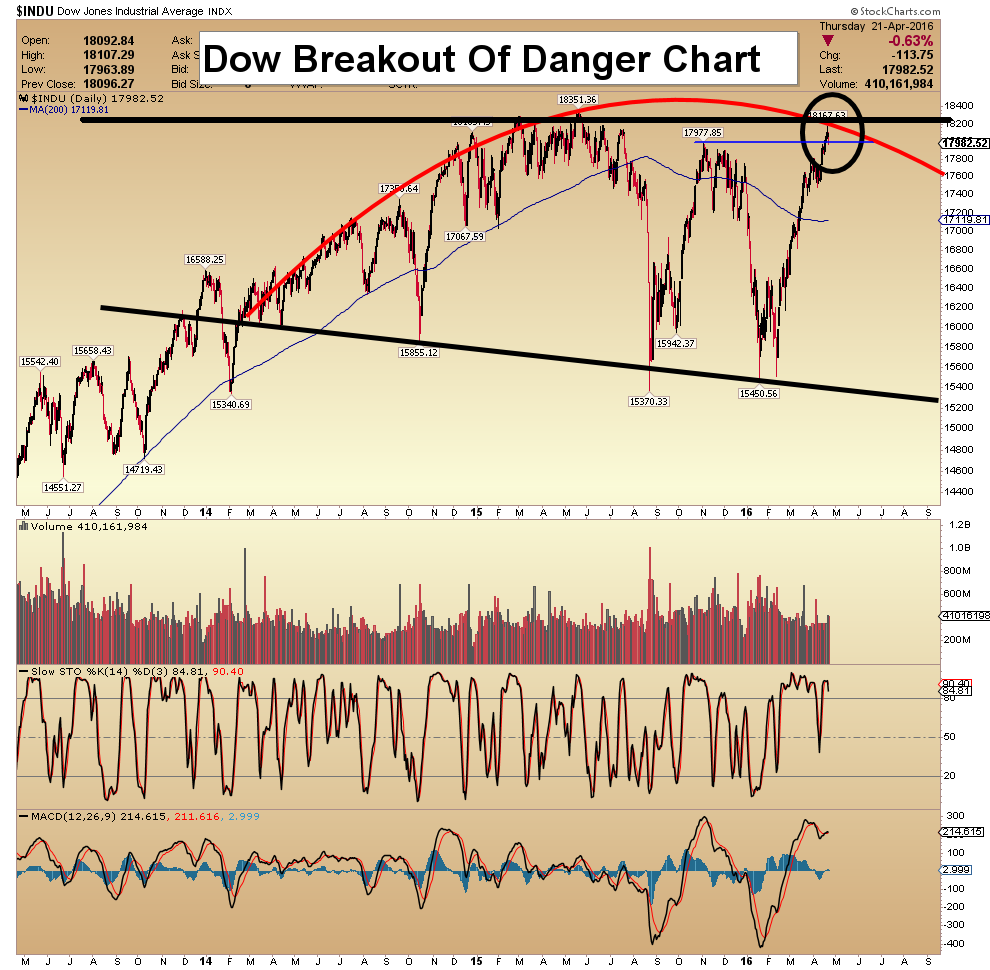Asset protection
 On a lengthy interview on CNBC, Donald Trump, the now presumptive Republican nominee, looked back on his business history to lay the groundwork to what he would do as President. He came as close as any major presidential contender to saying that America’s formula for economic recovery might involve repaying our creditors less than what we owe. This is a major development that should be rewriting the playbook on Wall Street and call into question the risk-free nature of U.S. Treasuries.
On a lengthy interview on CNBC, Donald Trump, the now presumptive Republican nominee, looked back on his business history to lay the groundwork to what he would do as President. He came as close as any major presidential contender to saying that America’s formula for economic recovery might involve repaying our creditors less than what we owe. This is a major development that should be rewriting the playbook on Wall Street and call into question the risk-free nature of U.S. Treasuries.
Despite his public image as a premiere pitchman, marketeer, and builder of some of the world’s most heavily gilded residential properties, Donald Trump owes his business success to his ability to walk into a roomful of people to whom he owes money and, through the use of threats, promises, bluster, and hardball negotiations, convince them to accept less than what he owes. Time and again he has used competitors’ prior lending mistakes as a lever to get what he wants. That’s why he has said repeatedly that he is “the king of debt.”
Now that he has dispensed with all Republican rivals, the Donald is free to stake out economic positions that are in fact to the left of his likely opponent, Hillary Clinton. He made it clear that his priorities would involve massive infrastructure spending on America’s roads, bridges, and airports. He also proposes some vague replacement for Obamacare, which certainly would involve some government financing. Given that such moves could massively increase the Federal budget deficits, these are positions that the Republican Congress has refused to touch.
But Trump also acknowledged a hint of realism that other politicians can’t. He said that the U.S. economy remains extremely dependent on ultra-low interest rates, and that even a 1% increase in rates could be devastating. As a serial borrower, Trump “loves low interest rates” and made it clear that he would replace Janet Yellen with a Republican Fed chairperson who feels the same (this is a bit like finding a vegetarian that loves cheeseburgers). But he also seems to understand that rates can’t stay this low forever.
But how can we borrow more, in an environment where rates are bound to rise, without making our debt service costs rise substantially? Simple, you renegotiate, and force your creditors to either take less than what they are owed, or to wait longer before we pay (i.e. extending maturities, turning 3-year notes into 30-year Treasuries bonds with the same coupon.) He seems to understand that such radical moves would convince international investors to seek greener pastures, which would then devastate the value of the dollar. But he seems to be just fine with that.
In the CNBC interview he said that a strong dollar sounds good “on paper” but that a weak currency offers much greater benefits in the real world. In fact, he credits weak currencies as the primary weapon used by China to engineer its own success. He wants to do the same for America. Will voters support a plan whereby we stiff the Chinese and use the money to build shiny new airports and to finance health care options? I think they will.
Of course the Achilles heel of such a plan is that a significantly weaker dollar is bound to usher in a wave of inflation that could rival that of the 1970s. If Trump and his new lackeys at the Fed are unwilling to raise rates to counter that trend, the poor especially will suffer as purchasing power evaporates and poverty rates could soar. Debt has been his friend his entire career. Why should the leopard change his spots now? Especially as he has been so successful in taking down all the prey in his path.
…..related by Peter Schiff: Make America Great Again
Canadians for Tax Fairness crunched the numbers and found that Canadian corporations invested almost $40 billion last year in the top 10 tax haven destinations for Canadian capital — taking investment totals since 1990 to $270.2 billion.

….for much larger top chart and more analysis go HERE
also:
 The global economy turned down in earnest already in 2006 but with a massive worldwide printing and lending programme, the world has had a temporary stay of execution. But the effect of this fabricated money has now come to an end. And what else would you expect. To print money that has no value or to lend money that doesn’t exist can never create wealth or save anybody. The downturn will soon start to accelerate and eventually lead to a total failure of the financial system and sovereign defaults. But no one must believe…..continue reading HERE
The global economy turned down in earnest already in 2006 but with a massive worldwide printing and lending programme, the world has had a temporary stay of execution. But the effect of this fabricated money has now come to an end. And what else would you expect. To print money that has no value or to lend money that doesn’t exist can never create wealth or save anybody. The downturn will soon start to accelerate and eventually lead to a total failure of the financial system and sovereign defaults. But no one must believe…..continue reading HERE

Today’s videos and charts (double click to enlarge):
US Bonds, Dollar & Stock Market Video Analysis –
Gold & Silver Bullion Video Analysis –
Precious Metal ETFs Video Analysis –
Trader Time Swing Trades Video Analysis –
Super Force Juniors Key Stocks Video Analysis –
Thanks,
Morris
The SuperForce Proprietary SURGE index SIGNALS:
25 Surge Index Buy or 25 Surge Index Sell: Solid Power.
50 Surge Index Buy or 50 Surge Index Sell: Stronger Power.
75 Surge Index Buy or 75 Surge Index Sell: Maximum Power.
100 Surge Index Buy or 100 Surge Index Sell: “Over The Top” Power.
Stay alert for our surge signals, sent by email to subscribers, for both the daily charts on Super Force Signals at www.superforcesignals.com and for the 60 minute charts at www.superforce60.com
About Super Force Signals:
Our Surge Index Signals are created thru our proprietary blend of the highest quality technical analysis and many years of successful business building. We are two business owners with excellent synergy. We understand risk and reward. Our subscribers are generally successfully business owners, people like yourself with speculative funds, looking for serious management of your risk and reward in the market.
Frank Johnson: Executive Editor, Macro Risk Manager.
Morris Hubbartt: Chief Market Analyst, Trading Risk Specialist.
website: www.superforcesignals.com
email: trading@superforcesignals.com
email: trading@superforce60.com
SFS Web Services
1170 Bay Street, Suite #143
Toronto, Ontario, M5S 2B4
Canada
###
Apr 22, 2016
Morris Hubbartt

But when you listen to most economic discussions, especially among central bankers, there is confusion as to what capital actually is regarding its relationship to credit and debt…















